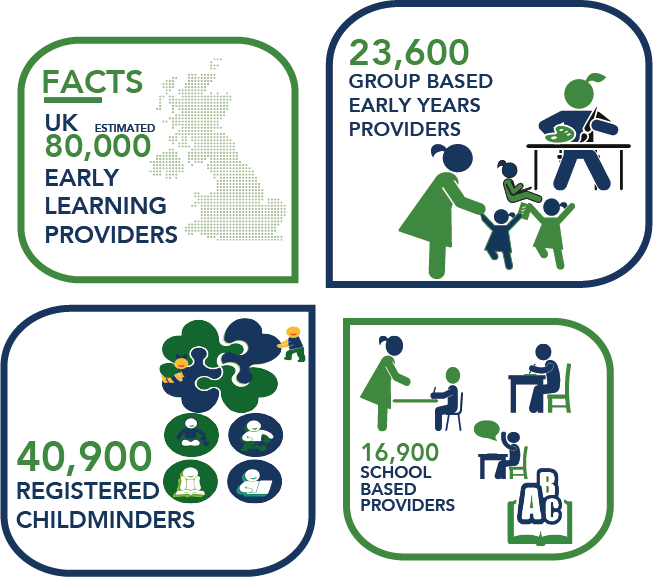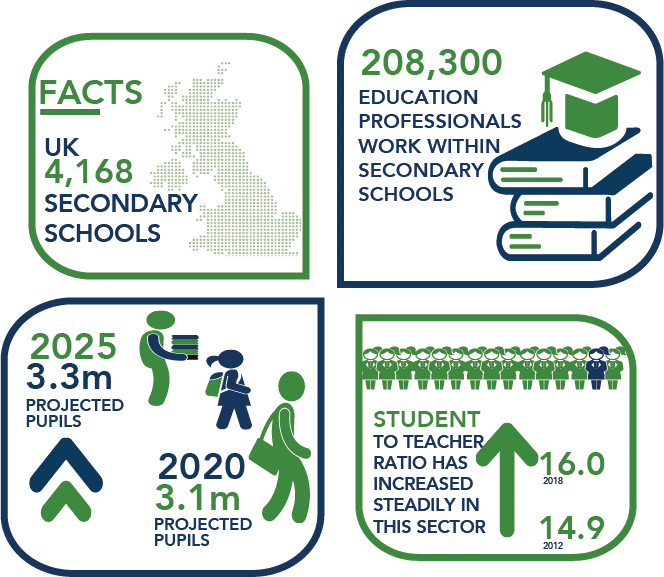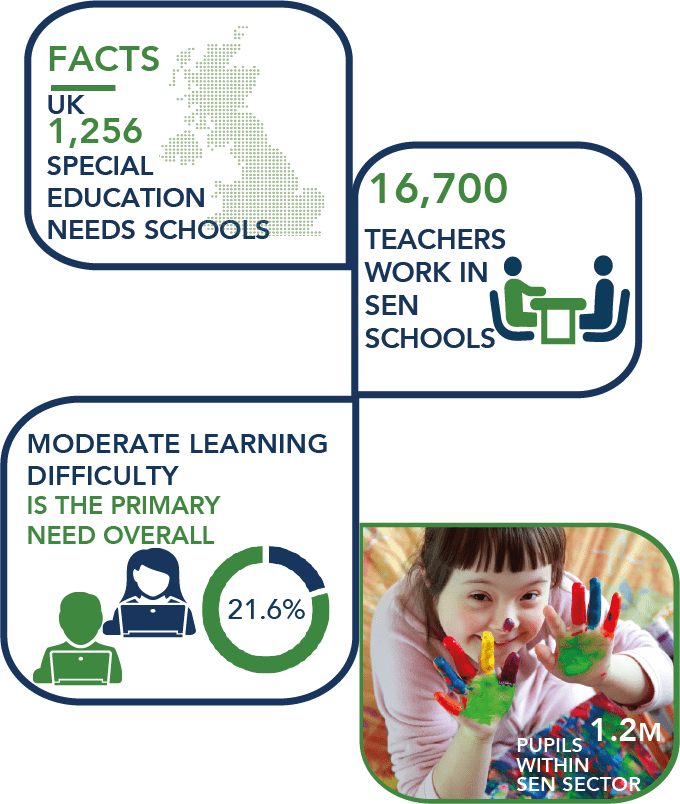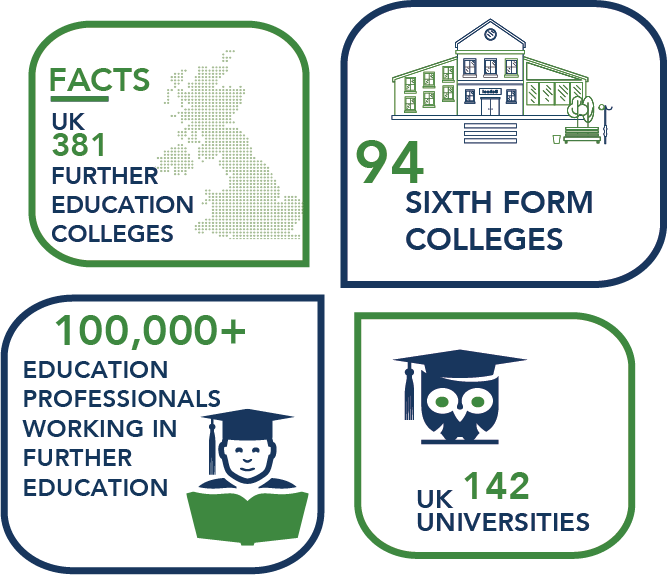All children should have fair access to high quality early education, however, the number of people enrolling on the Early Years Initial Teacher Training course has fallen for the fourth year running, with only 595 people starting the training in 2017-2018 compared to 2,327 in 2013-14.
Although all Early Years Providers have trained staff to care for children, only 36 per cent in the private sector have a qualified Early Years teacher on their team. In England, the East Midlands has the lowest percentage of graduate teachers for pre-school children, whilst the North East of England has the highest.
According to a study by Save the Children, there is a shortage of around 2,000 graduate Early Years teachers in the most disadvantaged areas, where they are most needed.


Although there has been a relatively strong recruitment and retention drive in primary schools overall, the rate of vacancies and temporarily filled posts has increased since 2010. This may indicate that some shortages are emerging despite stabilisation of pupil numbers and an increase in part-time working may be a recruitment solution.
This sector in the UK education system is facing the most challenging period ahead because of the predicted surge in pupil numbers. The substantial teacher supply challenge over the next decade, means that secondary schools will need 15,000 more teachers between 2018 and 2025 to meet a 15% rise in pupil numbers. Although teacher numbers have been falling generally nationwide there is extra pressure in this sector due to increasing numbers of teachers leaving the state sector and insufficient numbers entering the secondary sector.
According to some statistics, the number of in-year vacancies and temporarily filled posts, has doubled during the period between 2010/11 and 2017/18. This sector is facing specific challenges in the recruitment and retention of teachers in long-standing shortage subjects such as physics, mathematics, modern foreign languages and chemistry.
Secondary schools have begun to improve part-time and flexible working opportunities available to their staff to increase retention of their teachers and to encourage more returners back into the profession.


Funding issues for individuals needing special education is a long-standing issue and the Government has recently set out funding reforms in their briefing that applies to England: Special Educational Needs: support in England. In July 2017, the Government announced £1.3bn of additional funding for schools, including high needs, over 2018-19 and 2019-20. However, a further £350 million in funding for SEN was announced in December 2018 following consultation. It is difficult to determine how many SEN teachers could be recruited.
Reducing recruitment numbers has also been an issue for this sector of education, coupled with teachers leaving the profession as is the case nationally. Ensuring a SEN teacher has the right skill set for a particular school or college is paramount for recruitment agencies to understand and ensure the right person fits the role available.
Further Education establishments could include general or specialist colleges of Further Education, sixth form colleges, universities, prison or youth offender organisations and adult or community centres. In May 2019, the Government announced that colleges and Further Education providers will receive a funding boost through the Taking Teaching Further programme to help recruit over 160 new Further Education teachers. Funding from the £5 million Taking Teaching Further programme will support 45 Further Education providers to recruit experienced industry professionals from sectors such as digital, engineering and construction, to work in the classroom. Apprenticeships and Skills Minister, Anne Milton said:
“Teaching in Further Education is an incredibly rewarding career. We are reforming technical education in this country with the introduction of new T Levels and we want more staff with industry skills to pass on their expertise and inspire the next generation.”
